Invited Speakers
The Dros 2026 organizers have selected a lineup of speakers who are experts in Drosophila genetics with a commitment to training and mentorship of the next generation of scientists.
Download a Dros 2026 promotional poster to share with your network!
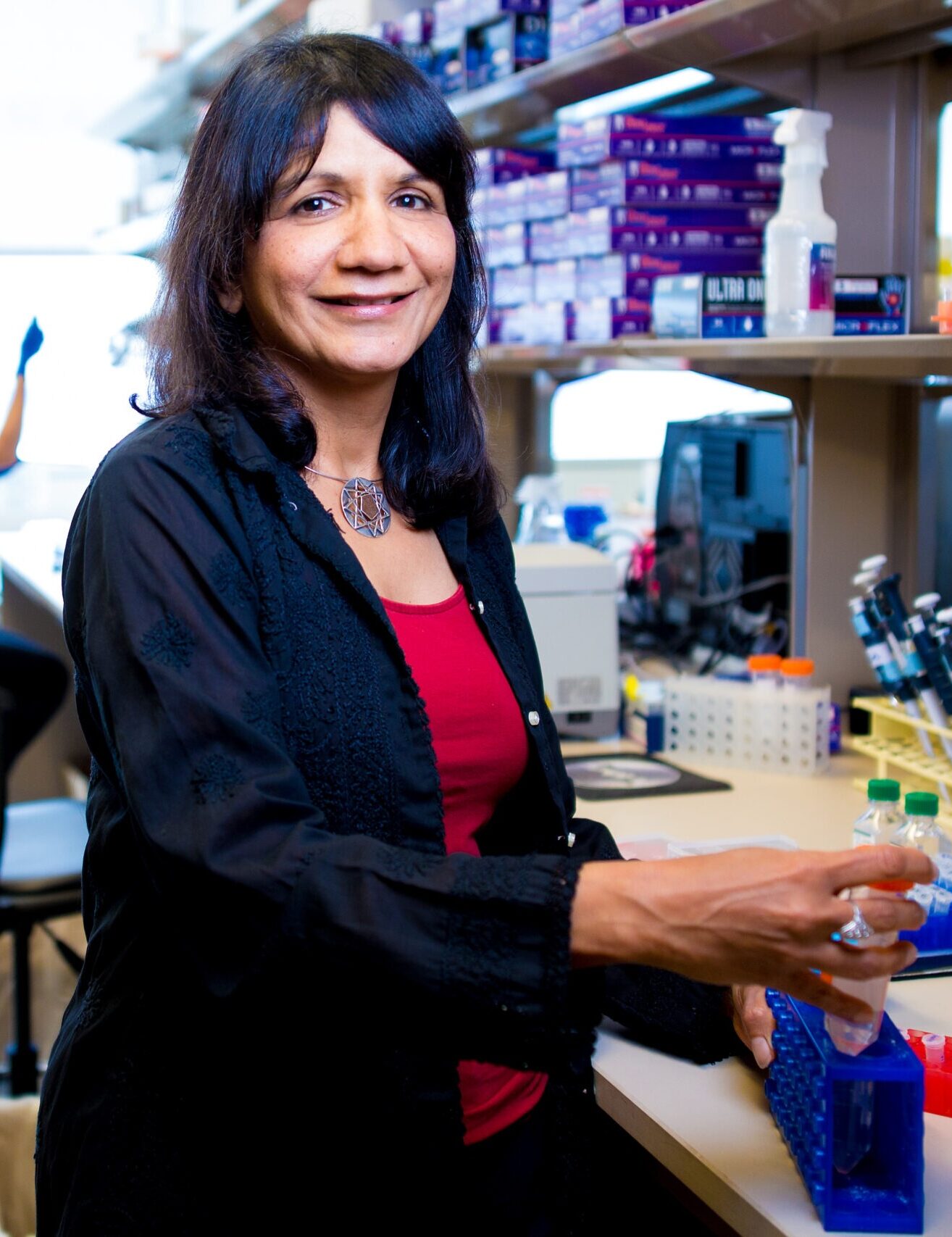
Amita Sehgal
Keynote Speaker
Amita Sehgal is the John Musser Professor of Neuroscience and Investigator of the Howard Hughes Medical Institute at the University of Pennsylvania. She has elucidated molecular mechanisms that drive circadian rhythms of behavior and physiology. Her laboratory also developed a Drosphila model for sleep, which she uses to address fundamental questions such as the basis of sleep need and the function of sleep.
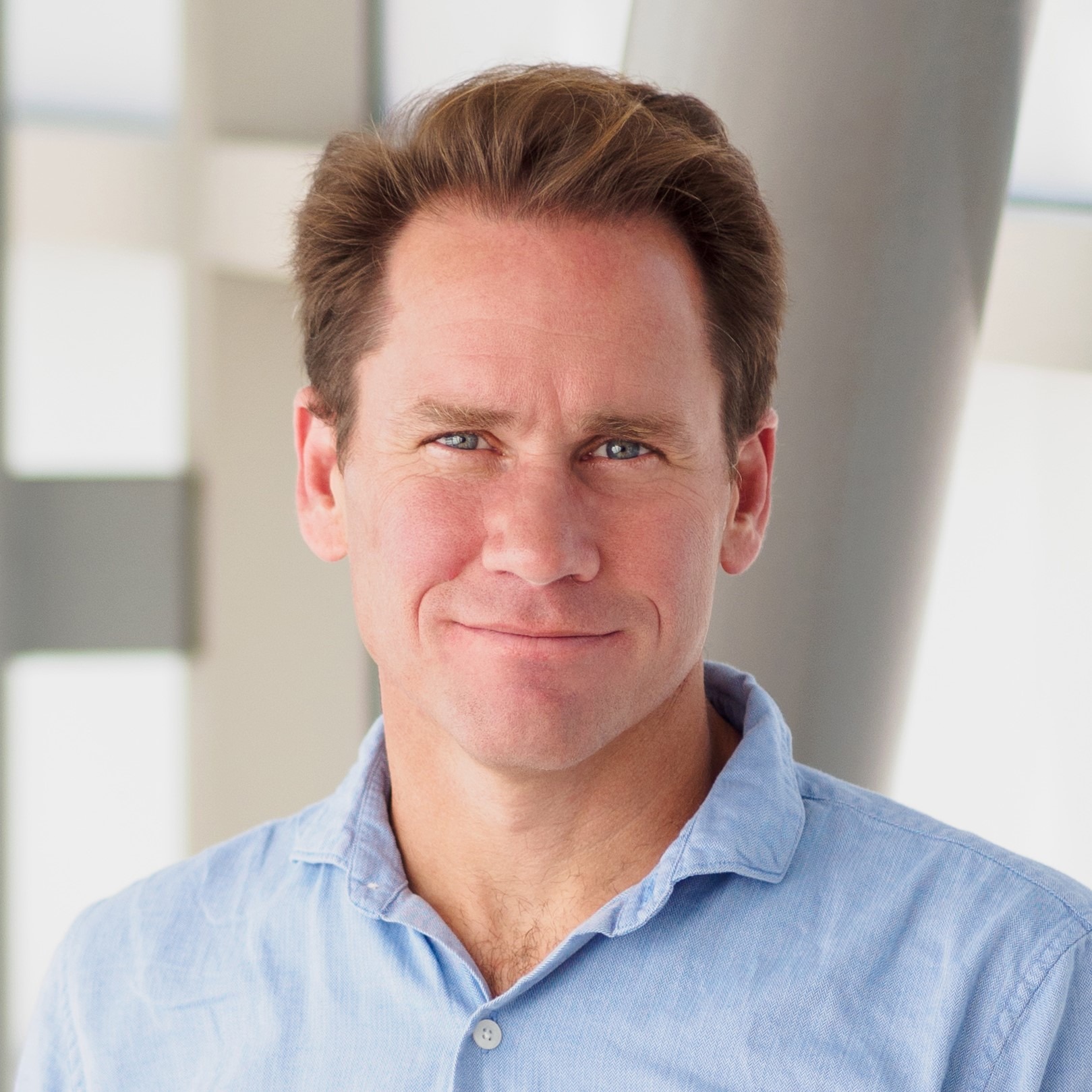
David Bilder
Invited Speaker
David Bilder is a Professor of Molecular and Cell Biology at the University of California-Berkeley. He served as the President of the Fly Board in 2015, and founded the Drosophila Image Award in 2003. David’s lab studies the biology of epithelial tissues, with questions ranging from cell polarity to epithelial homeostasis to morphogenesis. A recent focus has been using flies as models for tumor-host interactions, with goals of both inspiring novel approaches to therapy and understanding the evolution of cancer and cancer defenses in the animal lineage.
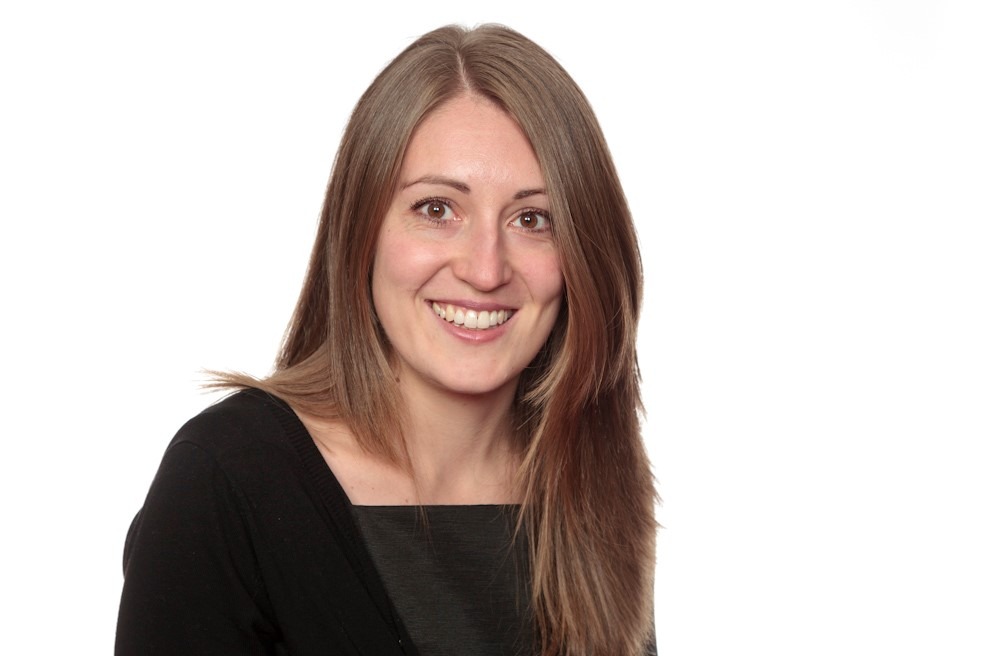
Helena Cochemé
Invited Speaker
Helena Cochemé is a UKRI Investigator at the MRC Laboratory of Medical Sciences (LMS) in London UK, where she leads the Redox Metabolism group. Research in the Cochemé lab leverages Drosophila as a model to gain mechanistic insight into the ageing process. She is particularly interested in studying the role of redox signalling in vivo, utilising a combination of redox proteomic and genetic knock-in approaches. Her group also explores the impact of dietary interventions and metabolic dysfunction on survival. Ultimately, her work aims to uncover novel targets and therapeutic strategies for intervention to achieve health and longevity benefits.
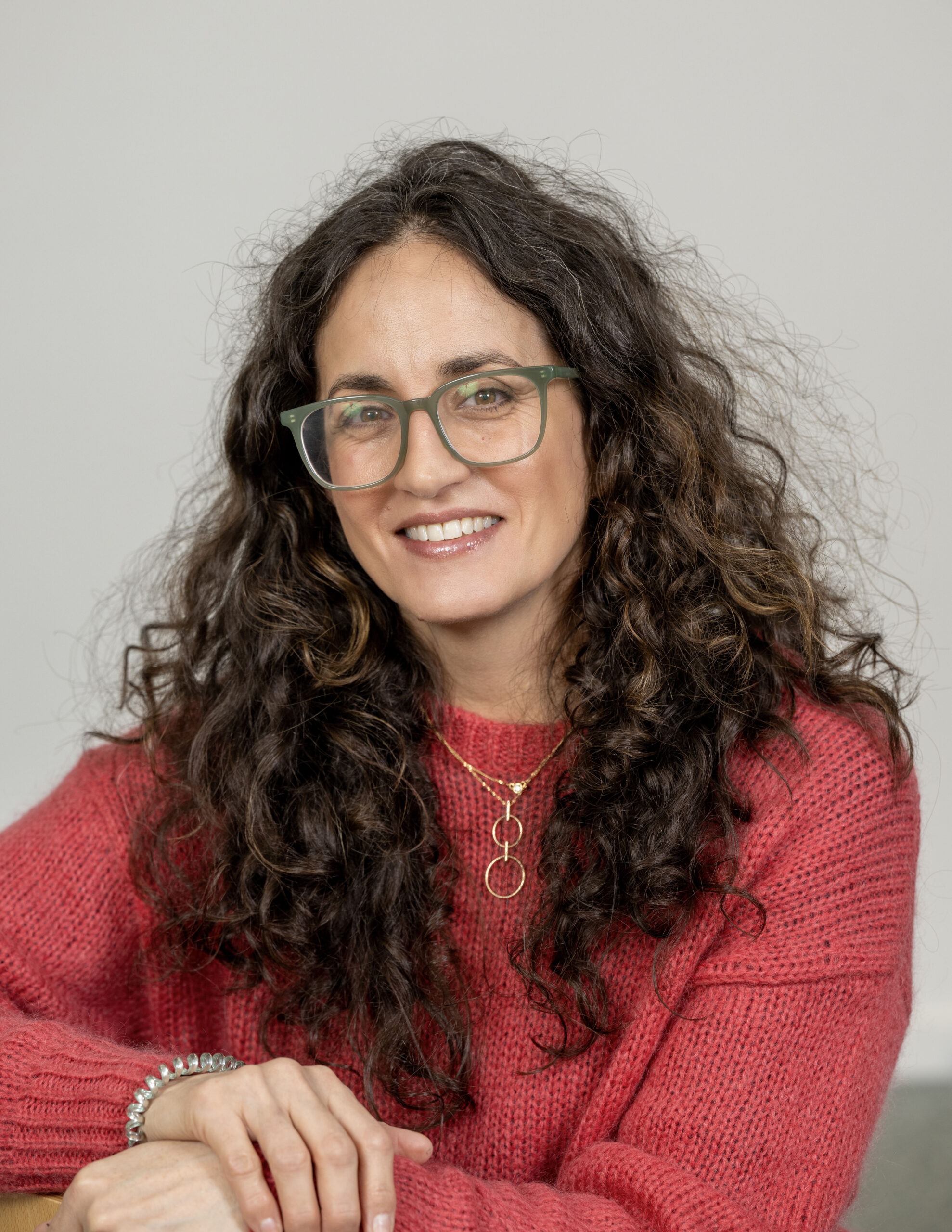
Julia Cordero
Invited Speaker
Julia Cordero is Professor of Systemic Signaling Biology at the University of Glasgow and the CRUK Scotland Institute. After obtaining her university degree in Argentina, Julia moved to the USA for her PhD with Ross Cagan where she studied developmental tissue patterning in Drosophila. In 2009, Julia moved to Owen Sansom’s group at the Beatson Institute in Glasgow to work on intestinal regeneration and cancer using flies and mice. Julia is currently a Wellcome Trust Senior Research Fellow and, since 2014, Julia’s lab has discovered fundamental mechanisms underpinning local and systemic functions of the adult intestine in health and disease, using flies and mice.
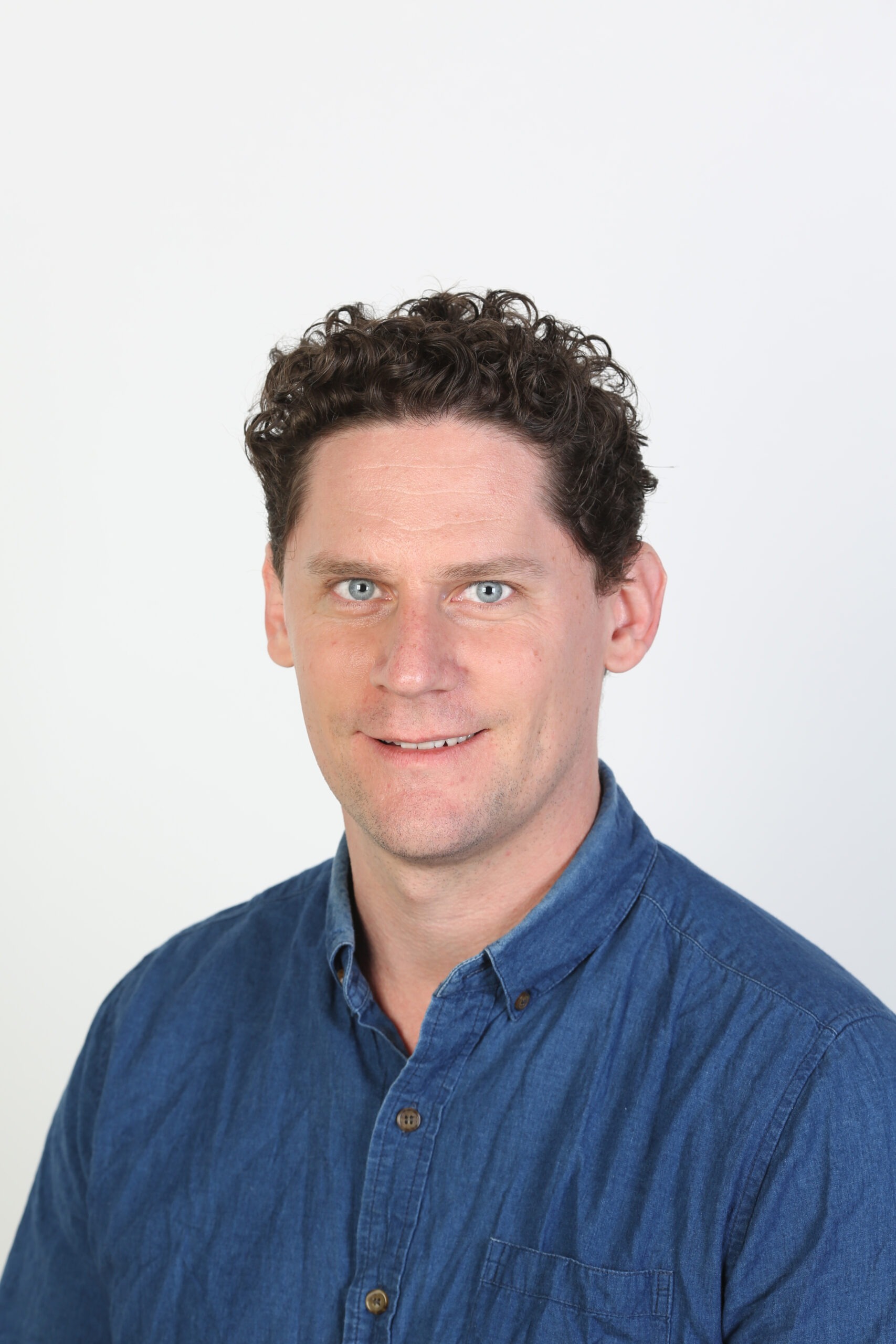
Justin Crocker
Invited Speaker
Justin Crocker leads a group at EMBL Heidelberg exploring how regulatory DNA encodes development and evolves over time. His lab combines synthetic biology, genome editing, robotics, and quantitative imaging to dissect enhancer logic in Drosophila. Recent work includes engineering synthetic transcriptional systems, performing high-throughput enhancer mutagenesis, and developing tools like TF-HighEvo to evolve gene networks in vivo. His group also investigates how environmental stressors and epigenetic modifications influence gene regulation, robustness, and behavior across species.
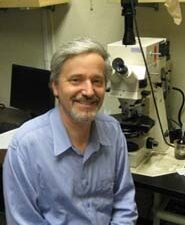
Volker Hartenstein
Invited Speaker
Volker Hartenstein is Distinguished Professor of Molecular, Cell and Developmental Biology at the University of California, Los Angeles. He has a longstanding interest in the structure, development and evolution of the nervous system. His research team has analyzed the anatomy of the developing nervous system in a wide range of animal taxa, ranging from cnidarians and acoels to arthropods and vertebrates. His recent research focuses on the brain connectomes of the Drosophila larva and adult, which allow one to reconstruct blueprints of neural circuits at the single synapse level of resolution. Specifically, the Hartenstein lab seeks to identify structural modules of brain circuits revealed by the connectome, and to establish how these modules relate to the uniquely specified neuroblast lineages, assemblages of neurons that constitute the developmental-genetic modules of the Drosophila brain.
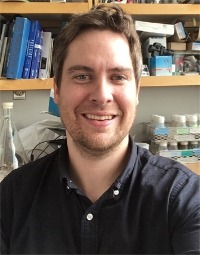
Thomas Hurd
Invited Speaker
Thomas Hurd is an Associate Professor in the Department of Molecular Genetics at the University of Toronto. His lab studies the inheritance of the mitochondrial genome, with a focus on the mechanisms that ensure its faithful transmission to the next generation. Their research has primarily examined how harmful mitochondrial DNA (mtDNA) mutations are selectively eliminated in the female germline to prevent their inheritance. More recently, they have been investigating the mechanisms that eliminate mtDNA in the male germline to enforce the strictly maternal transmission of this essential genome.
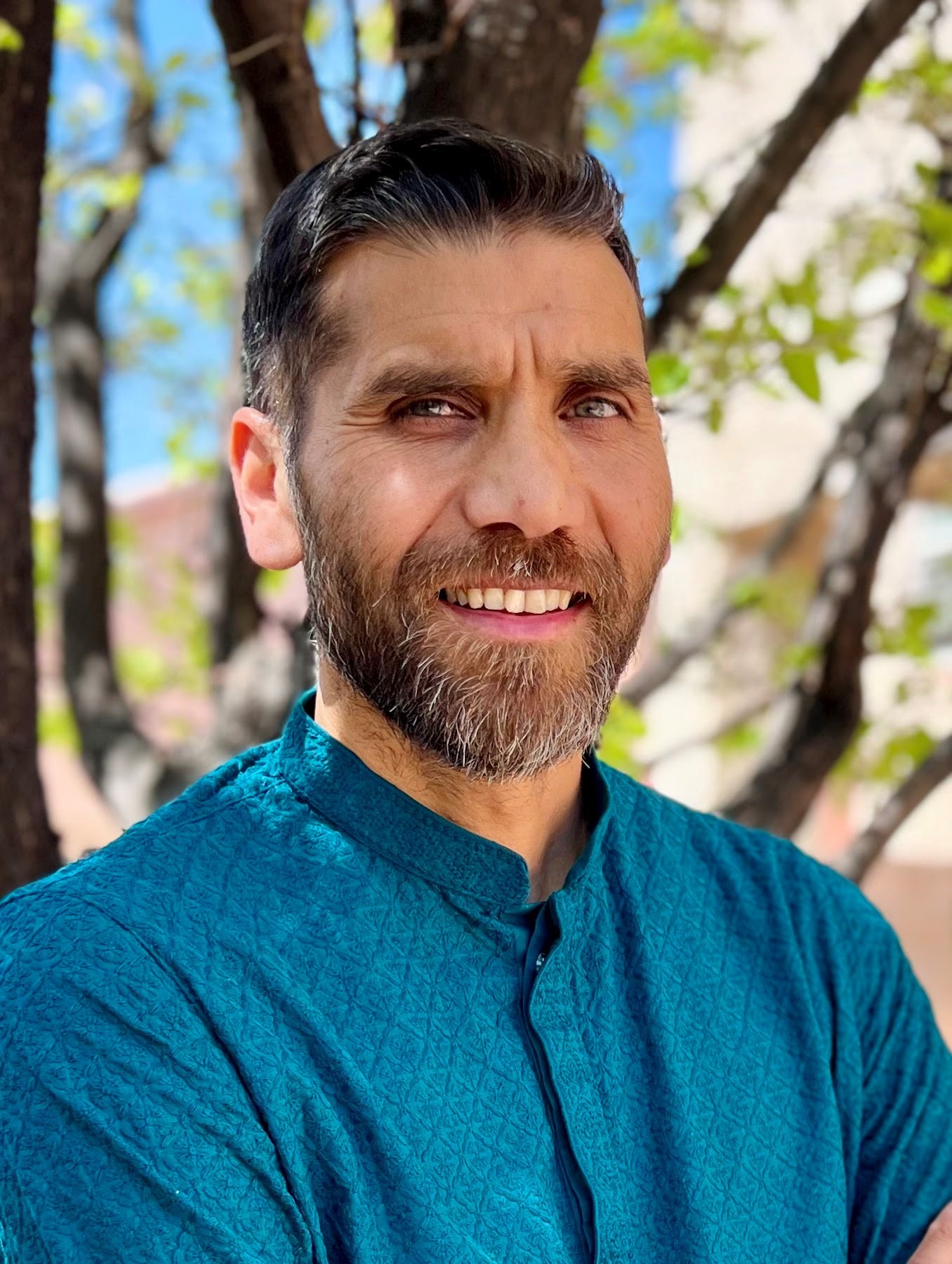
Syed Mubarak
Invited Speaker
Syed Mubarak Hussain, also known as FlyGuy, is an Assistant Professor in the Department of Biology at the University of New Mexico, where he leads the Neural Diversity Lab (www.neuraldiversity.org). His research explores how developmental programs in neural stem cells give rise to diverse neuron types and shape complex behaviors such as navigation and sleep. Deeply committed to education, mentoring, and outreach, he teaches courses in genetics and developmental neurobiology and involves undergraduates in research through his discovery-based course, NeuroCURE. To expand opportunities in science, he founded JKScientists (www.jkscientists.org) and Pueblo Brain Science (www.pueblobrainscience.org), initiatives that support and mentor students in Kashmir and New Mexico.
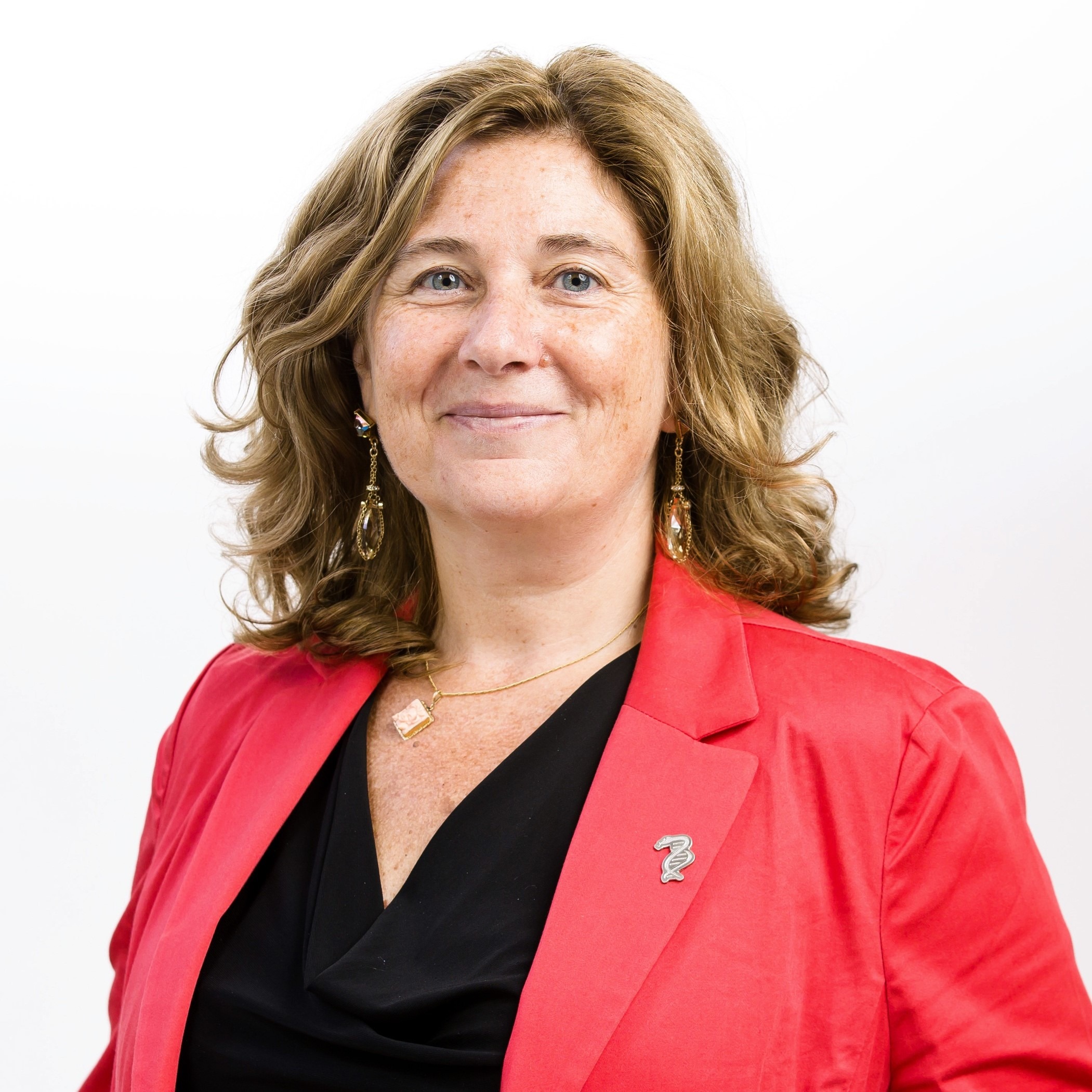
Eugenia Piddini
Invited Speaker
Eugenia Piddini is Professor of Cell Biology at the University of Bristol, UK. She is renowned for her work on cell competition. Among her landmark findings was the discovery that cellular fitness influences stem cell niches, and demonstrating that cell competition promotes cancer expansion. Piddini’s group have also discovered mechanical cell competition, and demonstrated that proteostasis defects lead to the competitive elimination of cells. Piddini was awarded the Hooke Medal from the British Society for Cell Biology in 2019, was elected EMBO member in 2023 and Fellow of the Academy of Medical Sciences in 2024.
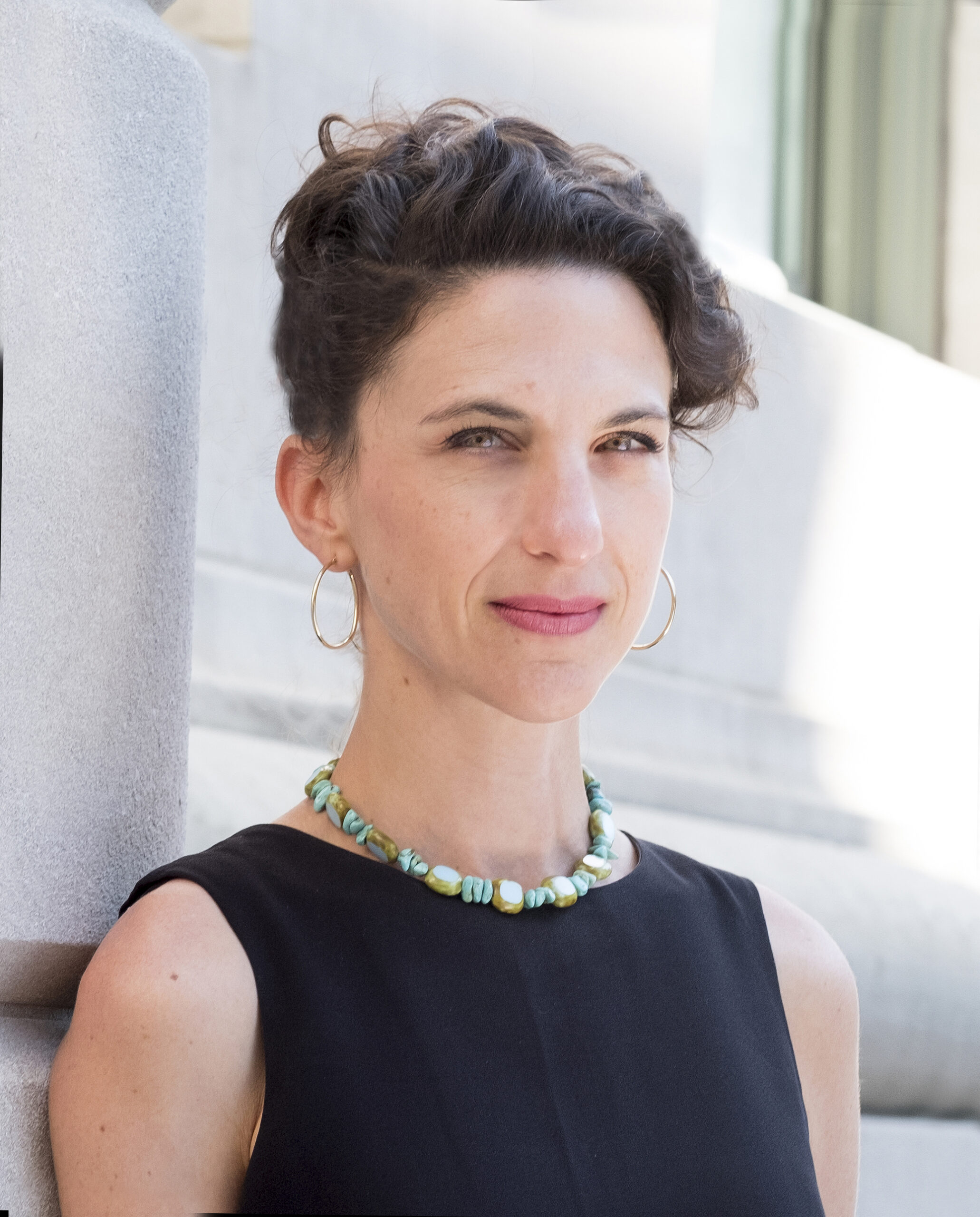
Vanessa Ruta
Invited Speaker
Vanessa Ruta is the Gabrielle H. Reem & Herbert J. Kayden Associate Professor and heads the Laboratory of Neurophysiology and Behavior at the Rockefeller University and is an Investigator of HHMI. The central focus of the Ruta lab is to explore how neural circuits can be flexibly modified through individual experience or over evolution to generate adaptive variations in behavior. Using the concise circuits of Drosophila, the Ruta’s goal is to reveal how these pathways mediate fixed and flexible behaviors at the level of synaptic, cellular and circuit motifs.